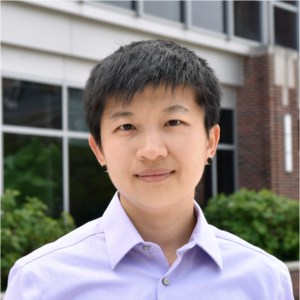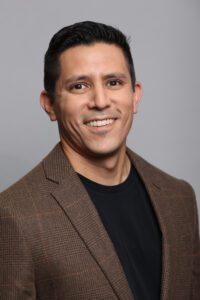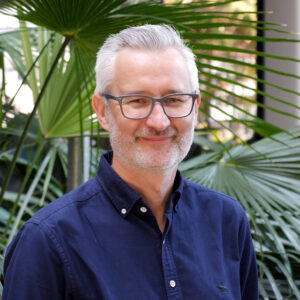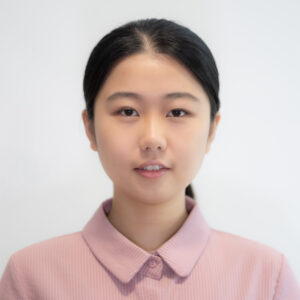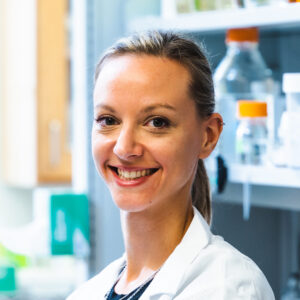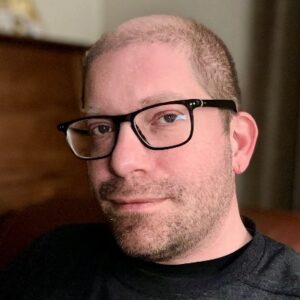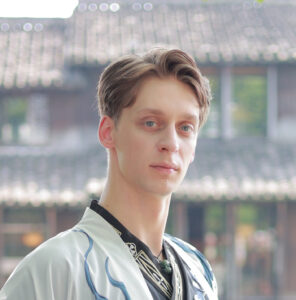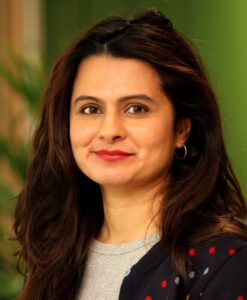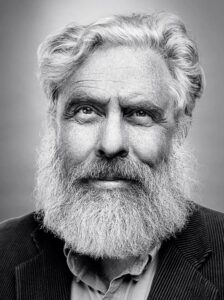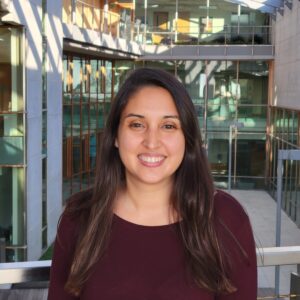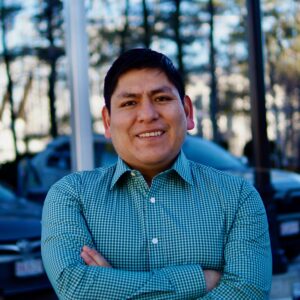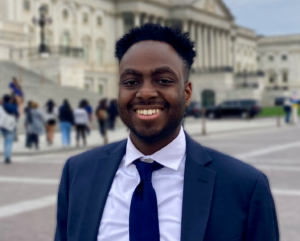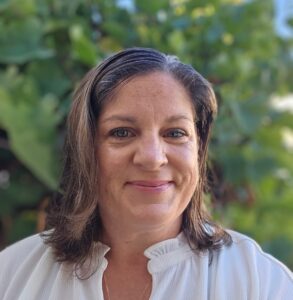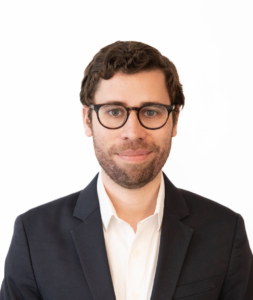Profiles
-
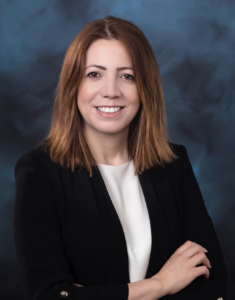
Joanna Tannous
Joanna Tannous is an associate staff scientist at Oak Ridge National Laboratory (ORNL) in Tennessee, USA, where she works within the Synthetic Biology group of the Biosciences Division and the Biological and Environmental Systems Science Directorate. Her research focuses on leveraging synthetic biology approaches to develop advanced genome editing tools for non-model fungal species, enabling the study of molecular mechanisms underlying fungal pathogenicity, metabolism, and interactions with hosts and microbial communities. Joanna is also dedicated to uncovering and characterizing novel fungal metabolites using genetic engineering and multi-omics techniques, with an emphasis on their roles in fungal-host interactions and microbiome dynamics.
She holds dual Ph.D.s, one in Pathology, Toxicology, Genetics, and Nutrition from the National Polytechnic Institute of Toulouse (INPT), France, and another in Chemistry from St. Joseph University, Lebanon. Prior to joining ORNL, Joanna completed postdoctoral research at the University of Wisconsin-Madison and the Horticulture and Seed Research Institute (IRHS) at the University of Angers, France. She is an active member of the Genetic Society of America (GSA) and the American Society for Microbiology (ASM).
